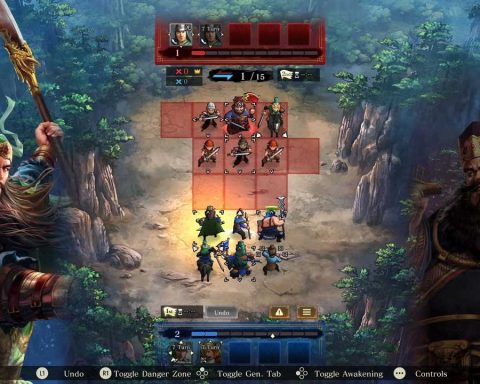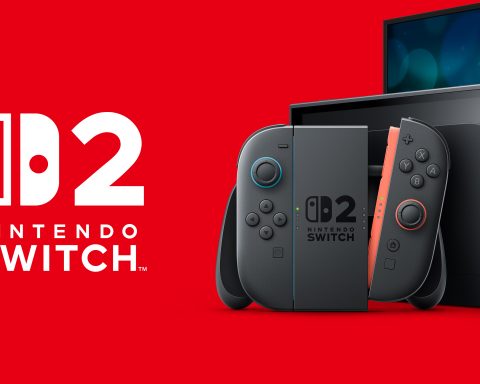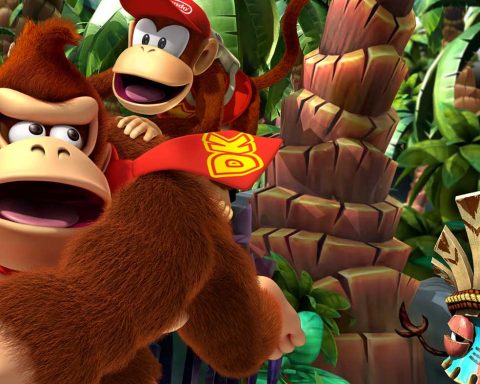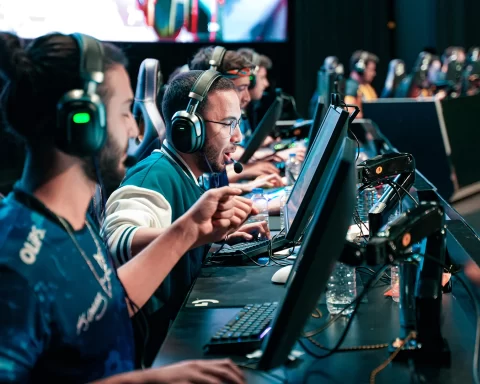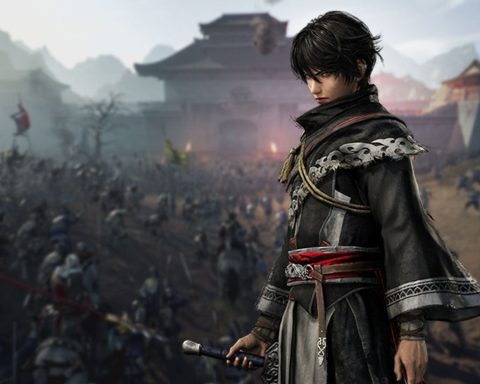 Review by Matt S.
Review by Matt S.
The challenge that the developer of Mugen Souls Z, Compile Heart, was always going to face was in coming up with a sequel that succeeded in appealing to the same people that enjoyed the original.
Mugen Souls was a game that was all about extremes; it offered a level cap that would make casual JRPG fans die of a heart attack, a combat system featuring attacks that would literally cause millions of points of damage, and moe characters that couldn’t possibly be more chibi. It was a very Japanese game, and its unapologetic Japaneseness was precisely what was so much fun about it.
But above the mechanics and systems, it was always the plot that was the most insane, for it is a plot that tasked a person of godlike power to conquer entire planets and turn everyone on those planets into peons. Cute, bunny rabbit peons. It was a story that featured giant space ships battling each other in space, and then obscenely powerful humans having it out on the ground. Everything in Mugen Souls was larger than life, which was ironic since the characters were so cute and little. It was well worth playing just to see how the developers managed to keep raising the stakes, both in terms of the narrative insanity, and how the team managed to keep the combat interesting for the 9,999 levels that it took to hit the level cap.
In other words, Mugen Souls was quite charming in a very odd, very crazy manner because it kept finding new and ever more ridiculous extremes to drag players, and it was backed by a silly sense of humour. It was never a game you wanted to think about too much, nor did it have any pretensions of offering some kind of social commentary or thematic depth; it was a pure attempt at a JRPG, and it largely worked that way. Backed with a solid if overly complex combat system, Compile Heart did a good job with the original.
The problem with the sequel is that players start out with their characters at level 1. For people who missed the first game, this won’t be a problem, because level 1 for Mugen Souls is still crazier than any other JRPG out there. Within the first hour we’re introduced to two gods, one of which carries a coffin around with her everywhere. We’re introduced to the bunny-shaped peons that serve the beck and call of the god (and are apparently good shampoo. No, I don’t now how this works). Our senses are overloaded by excessive colour, while our ears are assaulted with an infectious soundtrack that tugs on our sense of sanity all on its own.
For existing fans there’s also a sense of continuity as there were a load of characters that have returned for the sequel, including Chou-Chou herself. This should be a good thing – after all, the original cast were entertaining, and the opening sequences come up with a clever way to explain why these characters and their allies are all back at level 1. But in effect it meant that I had a dozen or so hours of grinding ahead of me before I even started to feel like I was in control of characters with truly over-the-top powers. It took far too long for me, as a veteran of the first game, to feel like I was playing Mugen Souls, basically.
So I do think that the main audience for this game – fans of the first – will struggle at first to get into this one. As a direct sequel to a game that was so completely focused on reminding players just how powerful each of the characters are (or at least, become), to feel like they’ve been reset means that the game will not be over the top enough at first to be especially engaging.
With that being said, once I got back into the groove of things I warmed to the Mugen Souls insanity all over again. To say the developers have left the combat system untouched would be an understatement; Compile Heart clearly felt that there was nothing broken about its system, and I’m glad that the team did decide to stick with it. It’s complex enough – too complex to even try to explain in words – and shoddy tutorials and a steep learning curve means that it won’t appeal to everyone, but for the genre fans there’s a lot of room to do the kind of statistic tweaking that they tend to enjoy.
At its most basic, in Mugen Souls Z there’s a standard turn-based combat system, but things become more interesting as world-breaking special attacks are unlocked. To complicate things further, players need to avoid killing some enemies. The god-character is able to convert enemies into peons rather than killing them, and these peons are crucial as they power up a space ship that looks an awful lot like a transformer, and is the method of transportation from one planet to the next. The ship can be attacked while on route, and it’s those peons that give the ship its statistics in battle. As you can probably tell, this is a system which does require a lot of management, and some sharp difficulty spikes mandate that players learn the systems quickly, but once you have mastered it, mowing through hordes of enemies does feel immensely satisfying.
With a level cap of 9,999 (yes, you read that right), there is a load of content to work through in this game, and once the crazy powerful attacks come into play, nothing feels like a grind thanks to the game’s relentlessly energetic pace. The game also never misses an opportunity to make a joke, with some of the in-game item flavour text being reason enough to look forward to finding a new bit of loot.
Environments and enemy designs are of an exceedingly basic design, but it’s a bright and colourful kind of simplicity that makes up for the technical limitations through art direction expertise. Each environment is small, but these environments are varied, and the characters themselves have the a lolita-chibi-moe design that succeeds in being sufficiently silly. As with the previous game there is some light self censorship for the English release, with the developers opting to remove some tangential bath scenes from the game. As much as I dislike censorship in any form, I understand why this decision was made – these are characters that probably shouldn’t be sexualised for these western markets.
As much fun as it is to play, the sad irony of Mugen Souls Z is that it is best played by people who hadn’t experienced the original, but the only people that could possibly be interested in the game must have played the original. With the first game escalating the narrative and character development arcs as far as actually possible, I can’t help but think Compile Heart would have been better served with an entirely new cast.
With that said, the game is still hilarious good fun.
– Matt S.
Editor-in-Chief
Find me on Twitter: @digitallydownld






